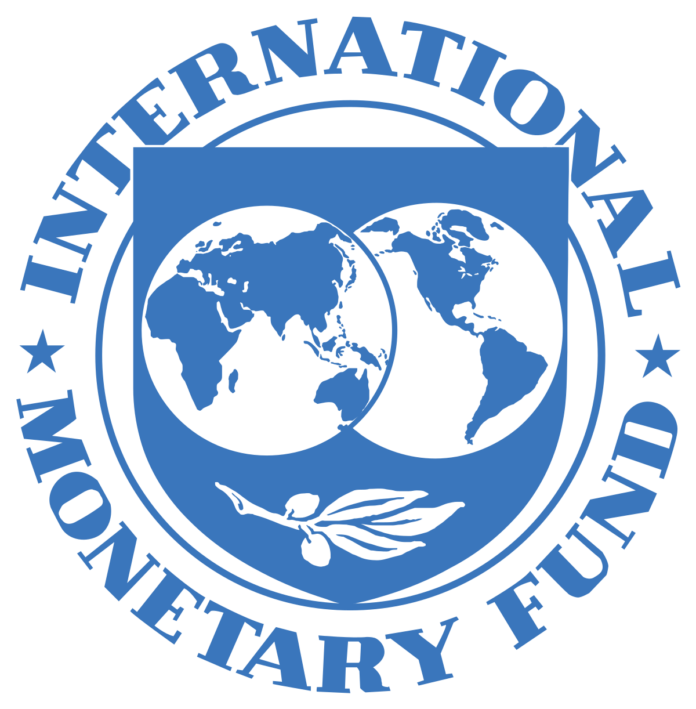The International Monetary Fund (IMF) has set six new structural benchmarks (SBs) for Pakistan including preparation of draft Personal Income Tax (PIT) legislation till February 2022.
As per the Memorandum of Economic and Financial Policies (MEFP), the IMF has set six new conditions for Pakistan that will be met till June 2022.
New benchmarks include preparation of draft personal income tax (PIT) legislation by February 2022.
Document states that the Federal Board of Revenue (FBR) is in the process of drafting PIT legislation by end February 2022 to ensure it will be ready to come into effect on July 1, 2022 with the FY 2023 budget.
The government will reduce both the number of rates and income tax brackets under the PIT besides reducing tax credits and allowances (except those for disabled and senior citizens, and zakat receipts) are also on cards.
Moreover, the tax department will also introduce special tax procedures for very small taxpayers; and bring additional taxpayers into the tax net; however low-income households will remain protected as the reform preserves the current PIT threshold.
Document states that Pakistan is also bound to establish an appropriate Development Finance Institution by April 2022 to support the eventual phasing out of SBP refinance facilities.
The Ministry of Finance and SBP to jointly design a plan, in consultation with other stakeholders, to establish an appropriate Development Finance Institution by end-April 2022 as a basis for a plan to transfer the refinancing schemes to the government; and also assessing the Export Refinancing Scheme (EFS) by end-February 2022 and take needed actions to improve its effectiveness.
The IMF has also urged the authorities to unwind, lending to the housing and construction sectors as well as capital adequacy regulations on banks.
Documents show that the government of Pakistan is also bound to complete the first stage recapitalization of the two private sector banks that are undercapitalized by end-May 2022.
The IMF Staff emphasized that all banks meet the minimum capital requirements and strongly urged that two private sector banks complete the first-stage recapitalization and one public sector bank move ahead with privatization.
Document states that the new benchmark also included the cabinet approval on the second step of the energy subsidy reform for residential consumers by end-Jan. 2022
Government in March 2021 adopted a comprehensive energy subsidy reform plan spanning 2021-24, which however did not yet underpin a better targeting of energy subsidies in the FY 2022 budget adopted in June
However, the government is bound to take cabinet approval for removing the previous slab benefit (incremental block tariff) and increase the effective tariff of the unprotected slabs by at least Rs0.5 per kwh.
Moreover documents show that the government till June 2022 will approve the new state owned enterprises law from Parliament in line with staff recommendations besides issuance of regulations by the Public Procurement Regulatory Authority to require collection for publication of beneficial ownership information from companies which are awarded public procurement contracts for Rs50 million and above.
Documents also state that the government has also failed to meet a number of targets including establishing a robust asset declaration system with a focus on high-level public officials (including elected and unelected members of the Federal Cabinet), conducting as well as publishing external audit of the Utility Stores Corporation (USC) based on FY 2020 financials, adoption by parliament of amendments to the OGRA Act and adopt measures to strengthen the effectiveness of the Anti Money Laundering (AML) / Counter Terror Financing (CTF) framework to support the country’s efforts to exit from the Financial Action Task Force list of jurisdictions with serious deficiencies.




